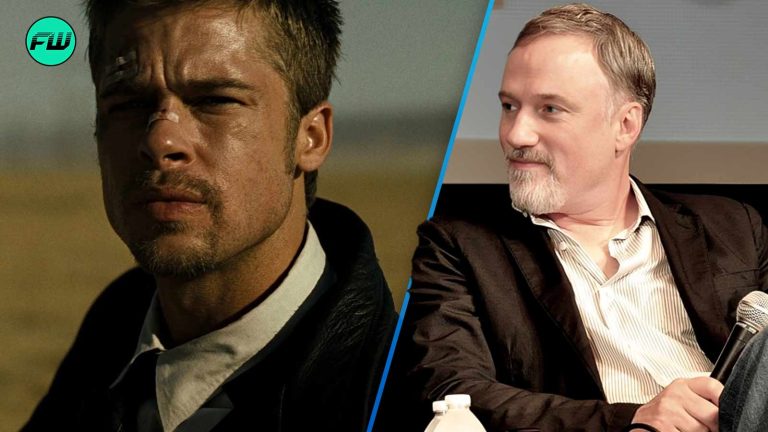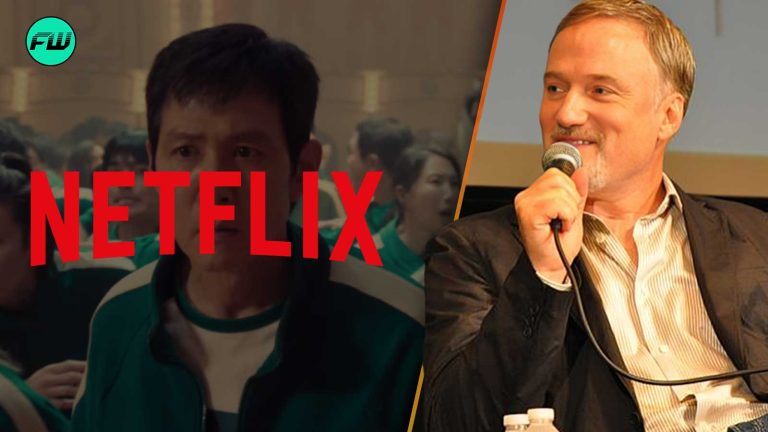“That is entirely untrue”: David Fincher Loves Gwyneth Paltrow’s Severed Head Theory That Links ‘Se7en’ With $136M Matt Damon Movie, But Calls it False
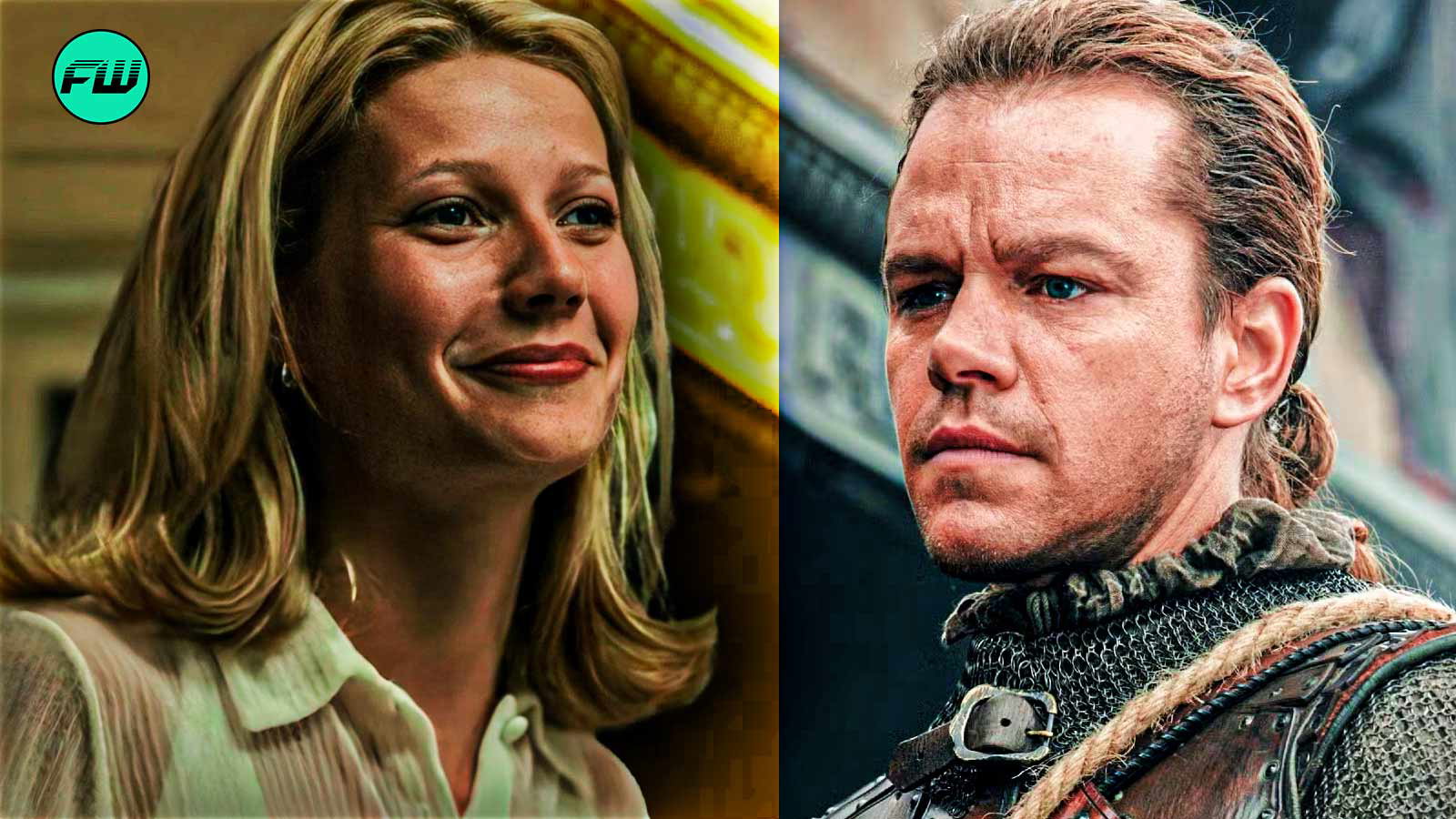
David Fincher’s Se7en is a movie that people still can’t stop talking about, even years after it first came out. The dark thriller, starring Brad Pitt, Morgan Freeman, and Kevin Spacey, has a shocking ending that has led to plenty of fan theories. One of the most interesting claims is about a connection between Se7en and Steven Soderbergh’s Contagion.
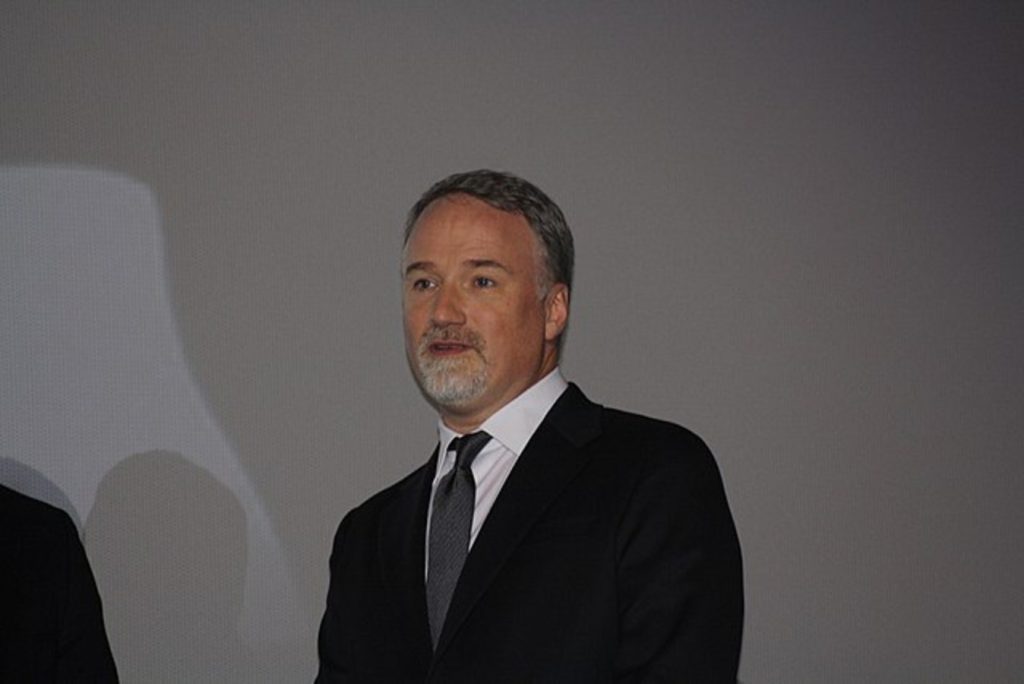
At the heart of this theory is Gwyneth Paltrow’s severed head. Recently, Fincher shared his thoughts on the rumor, and his answer gives us a glimpse into the effort behind creating such an unforgettable film.
What does David Fincher think about the Gwyneth Paltrow severed head theory?
David Fincher, the acclaimed filmmaker behind Se7en, has addressed one of the most bizarre fan theories surrounding the 1995 thriller. Over the years, some have speculated that the movie’s iconic “box scene” is connected to Steven Soderbergh’s 2011 film Contagion, starring Matt Damon.
The theory suggests that a prosthetic of Gwyneth Paltrow’s head, allegedly made for Se7en, was later reused in Contagion which went on to earn more than $136 million globally via Box Office Mojo.
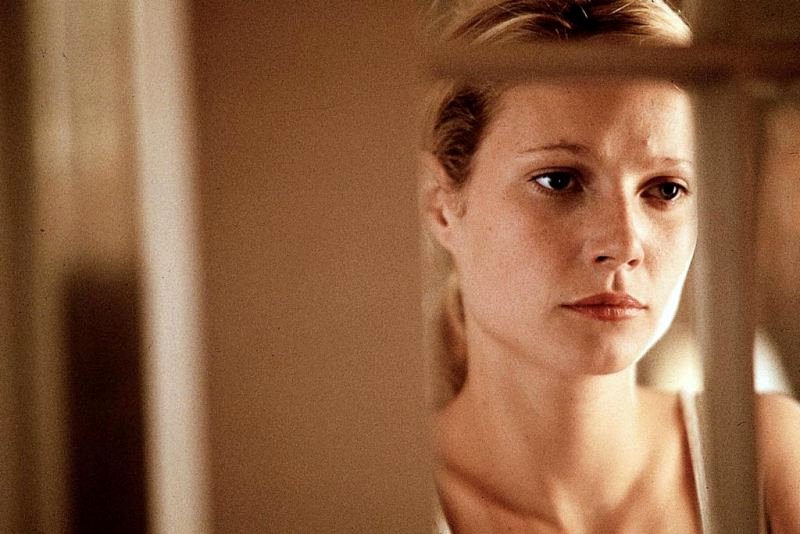
This happened during a scene where Paltrow’s character undergoes a medical examination. On the same subject, while speaking to The Independent, Fincher debunked the idea with a mix of humor and clarity. He added:
That is entirely untrue. But it’s amusing! The one in Contagion is amazing, but [the rumor] is entirely untrue.
While Se7en’s famous box scene implies that Paltrow’s character, Tracy, meets a gruesome end, Fincher clarified that no prosthetic head was ever created for the film. Instead, the box contained strands of blonde hair to match Paltrow’s own, leaving the rest to the audience’s imagination.
The theory, despite its inaccuracy, has captured the curiosity of fans, likely because both films share unsettling themes and star Paltrow in pivotal, tragic roles. Fincher, however, emphasized the creative differences between the two projects, laughing off the idea that such a connection exists.
The severed head scene in Se7en remains one of the most shocking moments in cinematic history. The director further revealed that the film’s uncompromising ending contributed to its lukewarm reception during test screenings. Despite initial skepticism from viewers and casting challenges during production, Se7en became a cultural phenomenon, grossing over $300 million globally via Box Office Mojo.
Its legacy has been further solidified with a new 4K remaster, which Fincher oversaw personally to restore the film to its original visual brilliance.
David Fincher reveals he was once considered for Harry Potter films
David Fincher recently shared an interesting tidbit about his early career choices and how he was once considered for the Harry Potter film series. In an interview with Variety, the director revealed that Warner Bros. reached out to him to get his take on adapting J.K. Rowling’s magical world onto the big screens.
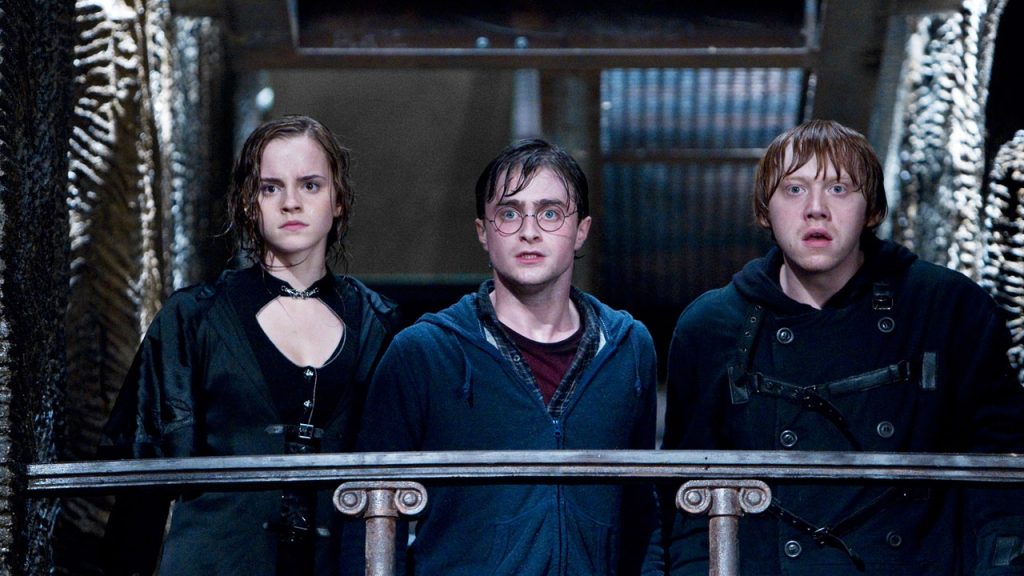
However, Fincher wasn’t interested in creating the traditional, family-friendly version that the studio had in mind. Instead, he had a different vision for the beloved franchise. He said:
I remember saying, ‘I just don’t want to do the clean Hollywood version of it. I want to do something that looks a lot more like Withnail and I, and I want it to be kind of creepy.
His darker, edgier approach didn’t align with Warner Bros.’ more conventional plans, leading to a mismatch of ideas. The studio had a different direction for the films, aiming for a look inspired by ‘Thom Browne schooldays by way of Oliver,’ as Fincher recalled.
This difference in creative vision meant that Fincher didn’t continue with the project, but his comments reveal an intriguing “what if” scenario for Harry Potter fans.
This post belongs to FandomWire and first appeared on FandomWire

